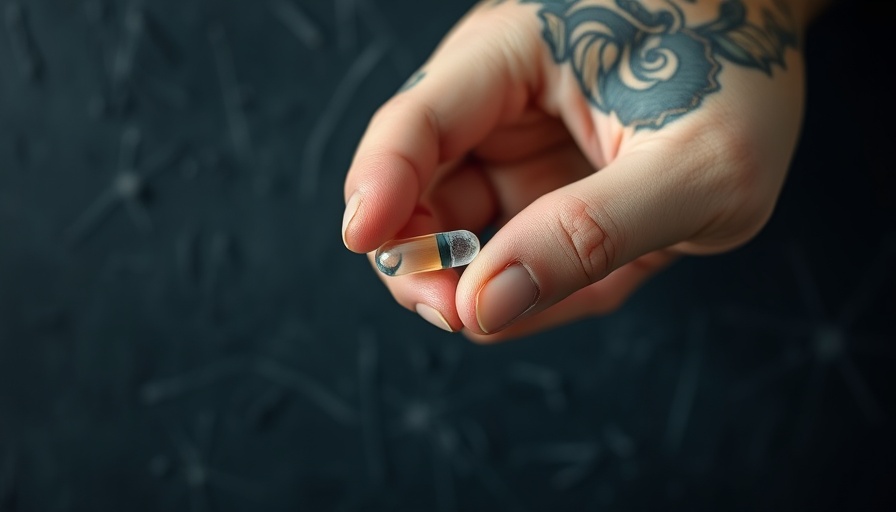
Can AI Turn the Tide on Drug Development?
The world of pharmaceuticals is facing a significant challenge: the staggering failure rate of drugs in clinical trials, estimated at a staggering 90%. As artificial intelligence (AI) emerges as a possible solution, questions abound regarding its true potential. Can this technology help eliminate roadblocks in drug development and improve success rates?
The Promise of AI in Drug Discovery
AI's ability to streamline and enhance drug discovery is capturing attention across the industry. With platforms like AlphaFold showcasing AI's prowess in predicting protein structures, the groundwork is seeming favorable for AI's involvement in pharmaceuticals. Innovators claim that employing AI can accelerate the drug development timeline, which typically takes 10 to 15 years and costs between $1 billion and $2 billion.
You Can’t Rush Success
However, while AI has played a remarkable role in rapidly identifying potential candidates, its ultimate effectiveness in clinical trial settings—the stage where most drugs fail—remains questionable. The challenge lies in the inherent limitations of datasets available for training AI models. Unlike fields like image analysis that benefit from extensive high-quality datasets, drug development lacks uniformly reliable data that can support meaningful predictions and effective outcomes.
Navigating the Challenges Ahead
Against this backdrop, the narrative of AI as a transformative power in drug development is met with skepticism from some veterans in the industry. They urge for tempered expectations, clarifying that AI may not be a magic solution, but a useful tool when used effectively. As researchers explore how to combine AI with existing drug development methodologies, the industry can hope for a gradual improvement in drug success rates.
What Lies Ahead?
The future of AI in pharmaceuticals hinges on a mutual understanding between technology and biology. By recognizing the limitations and challenges of current methodologies and data, stakeholders can innovate responsibly. While AI may not yet be a game changer, its thoughtful integration holds promise in reducing the timeline and costs associated with drug development, steering efforts towards a more successful outcome in the fight against illness.
 Add Row
Add Row  Add
Add 




 Add Row
Add Row  Add
Add 

Write A Comment